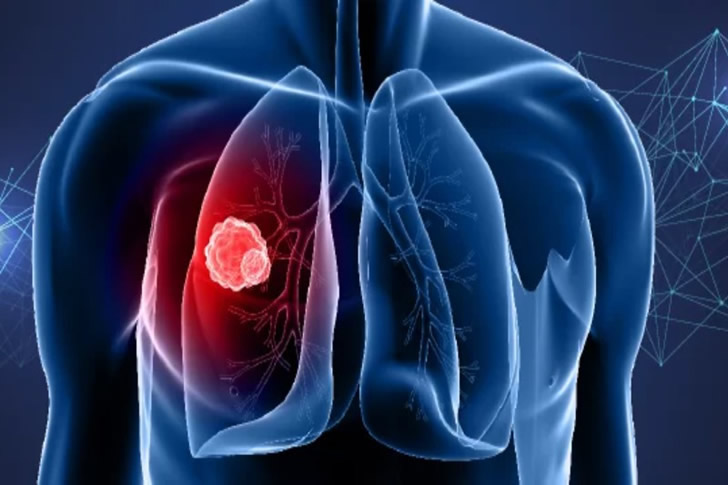Lung cancer, a leading cause of cancer-related deaths worldwide, often remains unnoticed in its initial stages. Recognizing the early symptoms can pave the way for timely treatment, enhancing the likelihood of a positive outcome. Here are key early warning signs to be aware of.
Unrelenting Cough: While coughing is a common reflex to respiratory infections like the cold or flu, a cough that persists for an extended period or intensifies over time warrants attention. Such a cough may signal lung cancer or other serious conditions, necessitating a consultation with a healthcare provider.
Chest Discomfort: Persistent pain in the chest, shoulders, or back that does not subside, especially when accompanied by routine actions like breathing, laughing, or coughing, should raise concern. Persistent chest pain, regardless of its other potential causes, should prompt a medical evaluation to eliminate the possibility of lung cancer.
Breathlessness: Experiencing difficulty breathing during activities that were once manageable could be a red flag. In lung cancer cases, this symptom may arise from tumor obstruction or fluid accumulation around the lungs, impacting normal lung function.
Changes in Voice: Noticeable alterations in your voice, such as hoarseness or a deeper tone that persists beyond two weeks, should not be overlooked. Persistent voice changes, particularly if your voice tires easily, could indicate lung cancer impacting the nerves of the larynx.
Repeated Infections: Frequent occurrences of infections like bronchitis and pneumonia, or infections that do not resolve in the usual manner, may be indicative of a more serious underlying condition. A tumor blocking the airways could lead to increased susceptibility to infections.
It’s crucial not to ignore these symptoms, no matter how minor they may seem. Listening to your body and seeking medical advice when experiencing any of these signs is vital. Early detection and diagnosis are critical in improving the treatment success rate for lung cancer.




